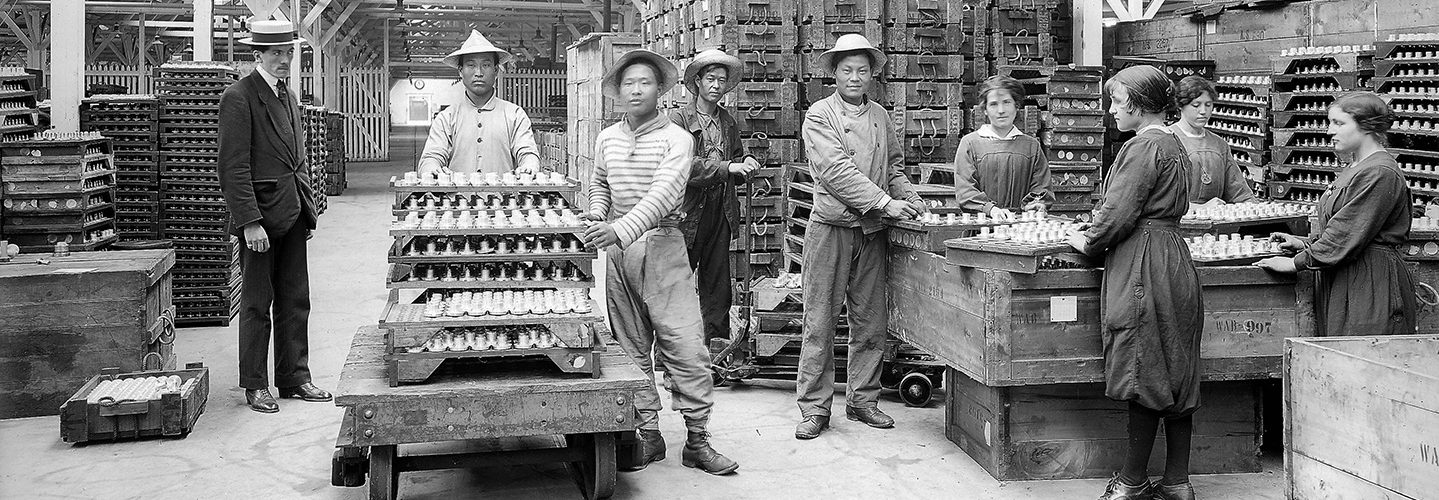China isn’t the first nation you think of as one of the Allies during World War I, but they had a largely forgotten and influential role—and it all hinged on their beer-making capital, Qingdao.
According to Smithsonian, China was still reeling from having lost 1895’s First Sino-Japanese War, after which parts of the nation were divided between Russia and Japan. And in 1897, the Germans invaded the Chinese city of Qingdao, basically conquering it and setting up a German colony there.
Gambling on its ability to rend control of Qingdao from Germany in 1914, Japan declared war on the European country, effectively entering World War I.
But China had different ideas. Though it was initially neutral, it secretly offered Great Britain 50,000 troops to get Qingdao back for itself. The British refused, and Japan gained control of the territory.
Great Britain did, however, warm to the idea of bringing China into the Allied fold—but of course Japan, whom it had been at war with, didn’t want to be fighting alongside its sworn enemies.
Instead, in an orchestrated show of support to the Allies, in 1916, China sent thousands of non-soldiers to the Allied fronts to “repair tanks, assemble shells, transport supplies and munitions, and help to literally reshape the war’s battle sites.”
Unfortunately, 500 of those laborers met their end when a German U-boat sunk a French ship carrying them in February 1917—and just six months later, China declared war on Germany.
This article was featured in the InsideHook newsletter. Sign up now.
